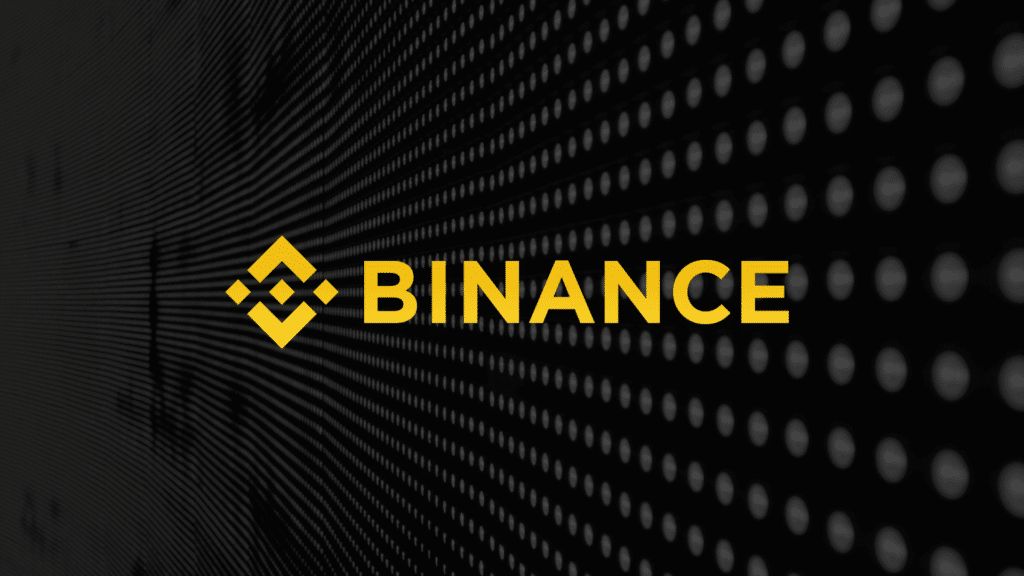The world of cryptocurrency is rarely quiet, and recent developments in South Africa are a perfect example. The Financial Sector Conduct Authority (FSCA) issued a warning about Binance, one of the biggest names in the crypto exchange arena. So, what’s the story? Let’s dive into Binance’s response and what it means for crypto in South Africa.
Binance’s Strong Rebuttal: Setting the Record Straight?
Binance didn’t hold back in its reaction to the FSCA’s warning. Their core argument? The FSCA’s reach doesn’t extend to overseeing crypto assets in South Africa. Here’s a breakdown of Binance’s key points:
- No Financial Advice or Intermediary Services: Binance explicitly stated they aren’t offering financial advice or acting as intermediaries for South African users.
- Telegram Channel’s Purpose: They clarified that the Binance South Africa Telegram channel is focused on blockchain education, not providing financial services.
- FIC as the Primary Regulator: Binance emphasized their engagement with South Africa’s Financial Intelligence Centre (FIC), which they consider the main regulatory body for their activities.
- Commitment to Compliance: Binance highlighted their registration with the FIC as a voluntary self-disclosure institution, adhering to regulations for client identification, record-keeping, and reporting suspicious activities.
FSCA’s Concerns: Protecting South African Investors
Why did the FSCA issue the warning in the first place? Their statement urged caution regarding investments in the Binance Group, an “international business” based in Seychelles. The FSCA’s primary concern appears to be investor protection, especially given the potential risks associated with unregulated or less regulated entities.
South Africa’s Evolving Stance on Crypto: A Shifting Landscape
The situation with Binance highlights the evolving regulatory landscape for cryptocurrencies in South Africa. What’s the current vibe around crypto in the country?
- Initial Ambiguity: South Africa’s approach to crypto has been somewhat unclear in the past.
- Towards Regulation: More recently, there’s a clear indication that authorities are moving towards establishing a regulatory framework.
- Intergovernmental Fintech Working Group: This group announced plans in July to create a “phased and structured” approach to crypto legislation. This suggests a move towards formalizing the rules of the game for digital assets.
- FSCA’s Advocacy for Stricter Rules: While regulation is on the horizon, the FSCA has been vocal about the need for tighter controls, citing concerns about crypto scams and financial risks.
What Does This Mean for Crypto Traders in South Africa?
This back-and-forth between Binance and the FSCA raises some important questions for crypto traders in South Africa:
- Staying Informed: It’s crucial for users to stay updated on the evolving regulatory environment.
- Understanding Risks: Be aware of the potential risks associated with using international exchanges and the regulatory differences.
- Choosing Reputable Platforms: Consider the compliance status and regulatory engagement of the platforms you use.
Looking Ahead: The Future of Crypto Regulation in South Africa
The interaction between Binance and the FSCA is a significant moment in the development of crypto regulation in South Africa. Here are some potential takeaways:
- Increased Regulatory Scrutiny: We can expect closer attention to crypto exchanges and service providers operating in the country.
- Clarity on Regulations: The ongoing discussions may accelerate the development and implementation of clear crypto regulations.
- Importance of Compliance: Exchanges will need to prioritize compliance with local regulations to operate smoothly.
In Conclusion: Navigating the Complexities
The situation between Binance and the South African FSCA underscores the complexities of regulating the rapidly evolving cryptocurrency space. While Binance asserts its compliance and denies offering regulated services, the FSCA’s warning highlights the ongoing concerns about investor protection. As South Africa moves towards a more defined regulatory framework for digital assets, this case serves as a crucial reminder of the importance of clear communication, compliance, and understanding the evolving legal landscape for both exchanges and users alike. The future of crypto in South Africa will undoubtedly be shaped by these ongoing discussions and the eventual implementation of comprehensive regulations.
Disclaimer: The information provided is not trading advice, Bitcoinworld.co.in holds no liability for any investments made based on the information provided on this page. We strongly recommend independent research and/or consultation with a qualified professional before making any investment decisions.


